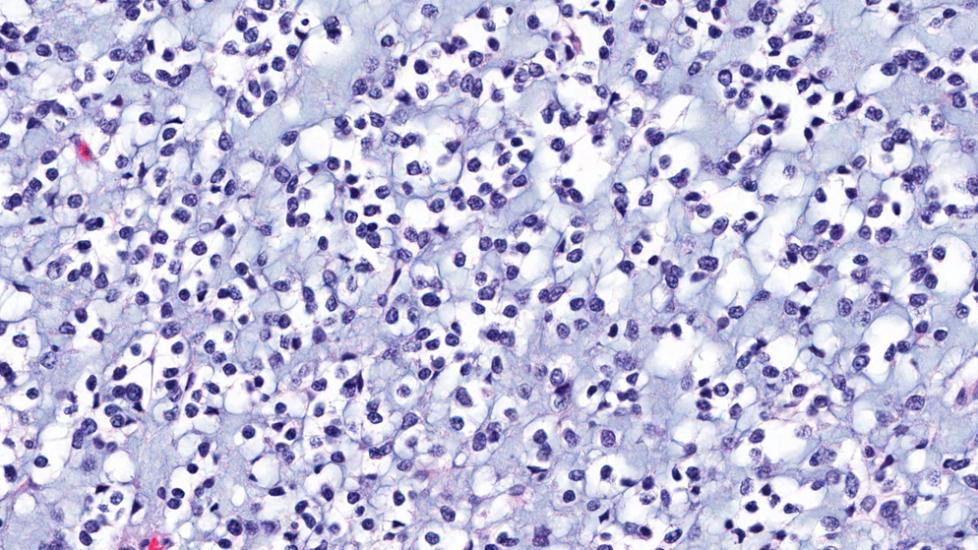Tumor of the Meninges in Dogs
Meningioma in Dogs
Meningioma is the most common brain tumor in dogs. It affects a system of membranes that envelops the brain and spinal cord called the meninges. These tumors compress adjacent tissues and may lead to swelling in the affected regions. All breeds are at risk of meningioma, but it is usually seen in dogs older than seven years of age.
Symptoms and Types
The symptoms vary depending upon the location of tumor, but some of the more common symptoms include:
- Seizures
- Visual deficits
- Abnormal behavior or mental state
- Uncoordinated movements
- Neck or back pain
Causes
The underlying cause for meningioma is currently unknown.
Diagnosis
You will need to give a thorough history of your dog’s health, including the onset and nature of the symptoms, to your veterinarian. He or she will then perform a complete physical examination as well as a biochemistry profile, urinalysis, and complete blood count -- the results of which are typically normal. For further analysis, your dog’s veterinarian will also take a sample of cerebrospinal fluid, a protective and nourishing fluid that circulates around the brain and spinal cord.
Magnetic Resonance Imaging and Computed Tomography scan are the two most valuable tools for identification of lesions and its localization. Although tissue biopsies are also frequently used to diagnose meningioma.
Treatment
For definitive treatment, complete surgical excision is required, but this is not always possible. Sometimes tumors are not accessible for surgical removal, and other times incomplete excision occurs due to the invasiveness of the tumor. In these cases, radiation therapy may be recommended. Additionally, fluid therapy, dietary changes, and medications are used to control seizures and stabilize the dog.
Living and Management
Overall prognosis depends on the extent of the excision achieved during surgery. Many dogs that undergo successful surgery for complete excision of tumor mass, for example, have a good prognosis. However, some animals do not recover well due to the invasiveness of the tumor to deeper tissues or other complications.
You will need to take your dog to the veterinarian in regular intervals for follow-up evaluations of the disease and treatment response. After surgery, you should expect your dog to feel sore. To minimize discomfort, your veterinarian will give you pain medication, which should be used with extreme caution (one of the most preventable accidents with pets is an overdose of medication). You will need to limit your dog's activity while it heals, setting aside a quiet place for it to rest away from household activity, children, and other pets. You might consider cage rest for your dog to limit its physical activity.
